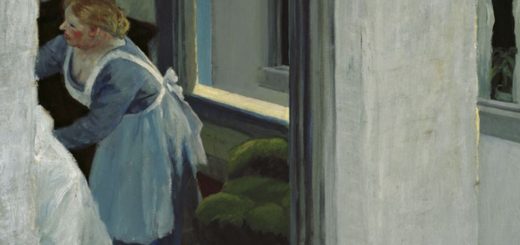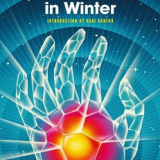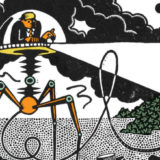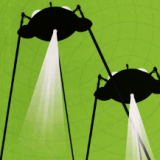Chop House
They went to Stone’s Chop House in Holborn, and sat at a table at the rear. The place was full of its usual mid-day bustle of activity: waiters jostling down the narrow aisle with plates balanced perilously along their arms, orders for porter being yelled to the potboy, gruff male voices talking business or politics – all noise and flurry and tobacco smoke. She could not possibly have dined in such a place by herself. Even with Michael beside her, her presence had initially provoked glances that made her feel not quite comfortable. But Michael overrode her doubts. One or two old fogies might think a lady’s presence unsuitable, but no one minded them.
‘We are in the second half of the century,’ he had reminded her. ‘The world is going forward. You have quite as much right here as they. Will you take the boiled beef or the steak pie, Miss Lorimer?’
She realized the sense of what he had said. Having accepted a post as a lady clerk she must face the obligations of that occupation, and an occasional frown was no great matter. In fact after the first few days there had been few frowns, and smiles from some surprising quarters: from the old gentleman, for instance, who sat in the corner opposite and always dined off poached halibut and a pint of ale. He nodded to her now in an entirely friendly fashion.
A group of men at the next table were talking in loud voices, and she noticed Michael glance sharply at them. Their discussion centred on the papal aggression. One of them proposed an anagram: War, Sin and Malice. When the others could not solve it, he provided the solution: Cardinal Wiseman. They roared with laughter.
Michael quietly asked Sarnia to excuse him. He rose to his feet and walked across to the table. The man who had offered the anagram, a thin dark fellow, looked at him in inquiry. Michael said:
‘Gentlemen, I am an adherent of the Catholic faith. I do not seek to limit your freedom of speech or discussion. But I would hope you might find it possible to conduct your conversation more quietly.’
There were four of them. They stared up at Michael, and for a moment she thought they might be going to jeer at him – even that there might be a brawl. But Michael stared them down. The dark man said:
‘I beg pardon, sir.’
Michael returned to sit beside Sarnia. He said:
‘I beg your pardon, too, Miss Lorimer, for taking such action in your presence. I did not wish to cause you embarrassment, but …’
She shook her head. ‘I’m not embarrassed.’
The men were talking again, but in low voices. Michael’s own voice was low also.
‘We have not discussed the matter, but am I right in believing you do not share the prejudice against Catholics?’
‘I think everyone has a right to the exercise of his religion.’
‘This talk of aggression … it is to misunderstand the situation. Through ignorance in many cases, though in some I fear from malice. The restoration of the hierarchy, making Wiseman a Cardinal – none of it is directed against this country’s sovereignty, nor against the English church. It is merely a matter of administration.’
‘I understand it scarcely at all,’ Sarnia said, ‘but I am sure you are right.’







